China blasts US offer of 'safe havens' for Hong Kong residents
China has strongly criticized the United States’ recent offer of a temporary "safe haven" to people from Hong Kong, describing the move as “violently intervening” in the semi-autonomous city’s internal affairs.
China’s Foreign Ministry Office in Hong Kong made the remarks in a statement on Friday, after the administration of US President Joe Biden offered to implement a "deferral of removal" for certain Hong Kong residents who are present in the United States a day earlier.
“By offering so-called ‘safe haven’, it is trying to bad-mouth Hong Kong, smear China, and engage in actions to destroy the city’s prosperity and stability,” it said.
The ministry further denounced Biden’s offer as “a vain attempt to stigmatize” Hong Kong and the Chinese government, saying the people of Hong Kong and China would respond to such "shameless political manipulation" that is "doomed to failure."
On Thursday, Biden directed the Department of Homeland Security to implement the extension of stay for Hongkongers currently in the US, citing "compelling foreign policy reasons".
The US presidential move allows potentially thousands of people from Hong Kong to extend their stay by at least 18 months and may seek employment authorization.
Biden criticized Beijing’s national security law in Hong Kong which has criminalized acts of secession, subversion, terrorism and collusion in the Chinese territory.
He also accused the Chinese government of cracking down on civil liberties in Hong Kong.
Biden also argued that "offering safe haven for Hong Kong residents who have been deprived of their guaranteed freedoms in Hong Kong furthers United States interests in the region".
White House press secretary Jen Psaki also said in a statement that the action "demonstrates President Biden's strong support for people in Hong Kong in the face of ongoing repression by the People's Republic of China (PRC), and makes clear we will not stand idly by as the PRC breaks its promises to Hong Kong and to the international community."
The Biden administration has repeatedly accused Chinese and Hong Kong officials of systematically undermining Hong Kong's democratic institutions, delaying elections, disqualifying elected lawmakers from office, and forcing officials to take loyalty oaths to keep their jobs. China denies the accusations, describing them as outside meddling in its internal affairs.
The US has also imposed sanctions in response to Hong Kong’s new security law. Beijing has reputedly warned Washington against interfering in Hong Kong’s internal affairs.
The Beijing-proposed bill was passed in May 2020 and drew harsh criticism from some Western governments, particularly the US and the UK, which claim that the law threatens the semi-autonomous stance of the city.
Beijing, however, insists that the new law does not pose a threat to Hong Kong’s autonomy or the interests of foreign investors, noting that it is merely meant to prevent terrorism and foreign interference.
Protests erupted in Hong Kong after the law was proposed on May 22.
Also in June 2019, unprecedented anti-government protests began in Hong Kong over a proposed extradition bill. It was shelved under pressure from demonstrations later on, but the turbulent protest movement continued into the next several months and became more violent, endangering the lives and property of citizens.
The protesters have been demanding Hong Kong’s full secession since then. Beijing says the United States and Britain have been fanning the flames of unrest in the semi-autonomous hub by supporting the separatist protesters.
The national security law was introduced partially in response to those riots.
Hong Kong has been governed under the “one-country, two-system” model since the city — a former British colony — was returned to China in 1997.
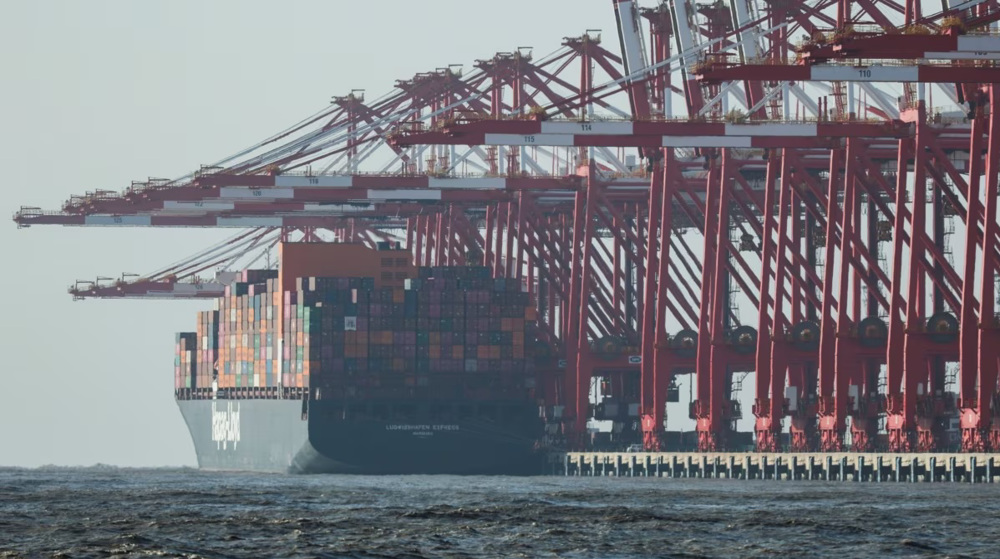
China vows response after Trump announces new 10% tariff
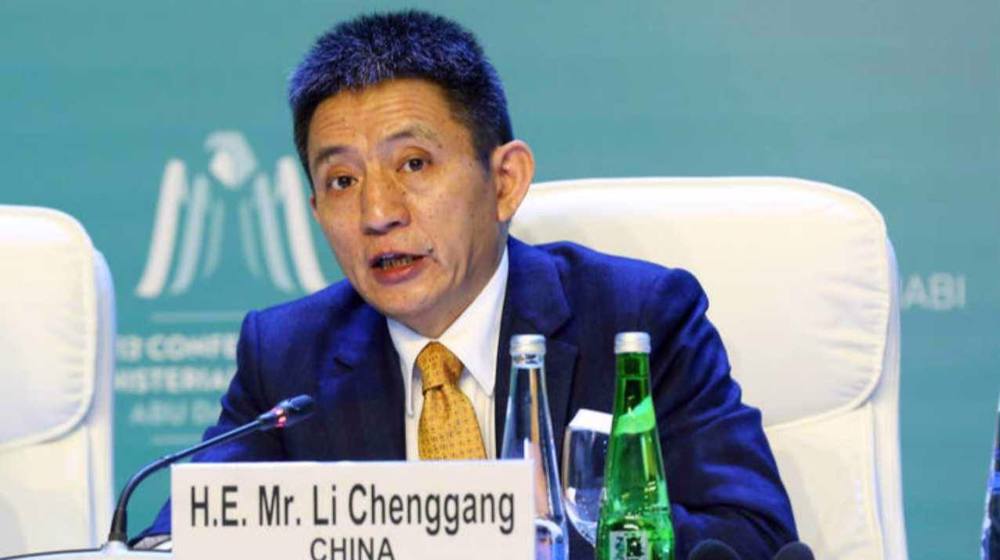
China condemns ‘unilateral and arbitrary’ US tariffs
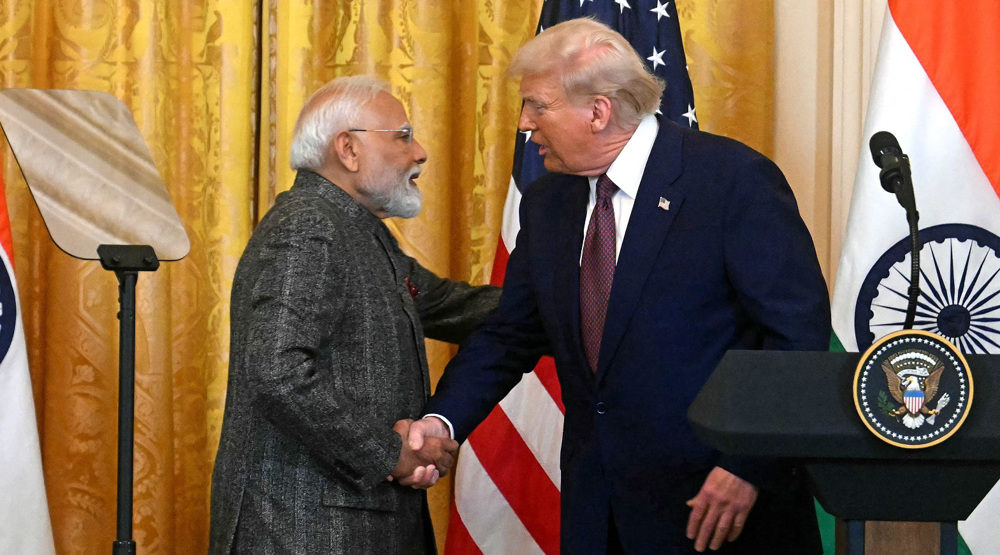
China warns US, India after Trump surge in arms sales to New Delhi
Hundreds of factories closed in Syria under HTS rule: Report
VIDEO | Israel’s plan for West Bank
VIDEO | Palestine’s status to Nasrallah
Bahrain detains activist for posts critical of kingdom's policies
Trump threatens to deport, arrest pro-Palestine students for protests
VIDEO | EU leaders scramble to address Trump's trade war threat
VIDEO | Press TV's news headlines
VIDEO | Belgian journalist lambastes Israeli aggression against Palestinians


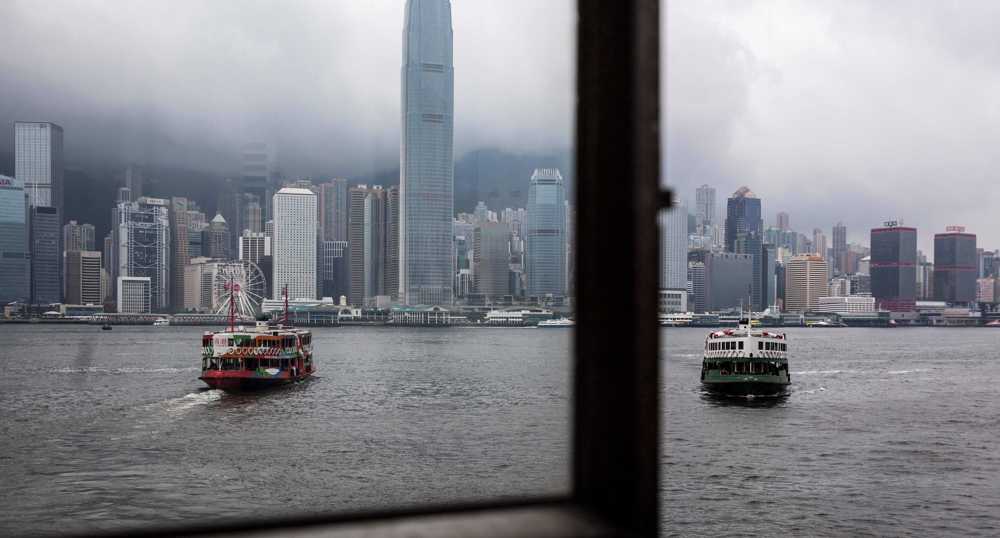
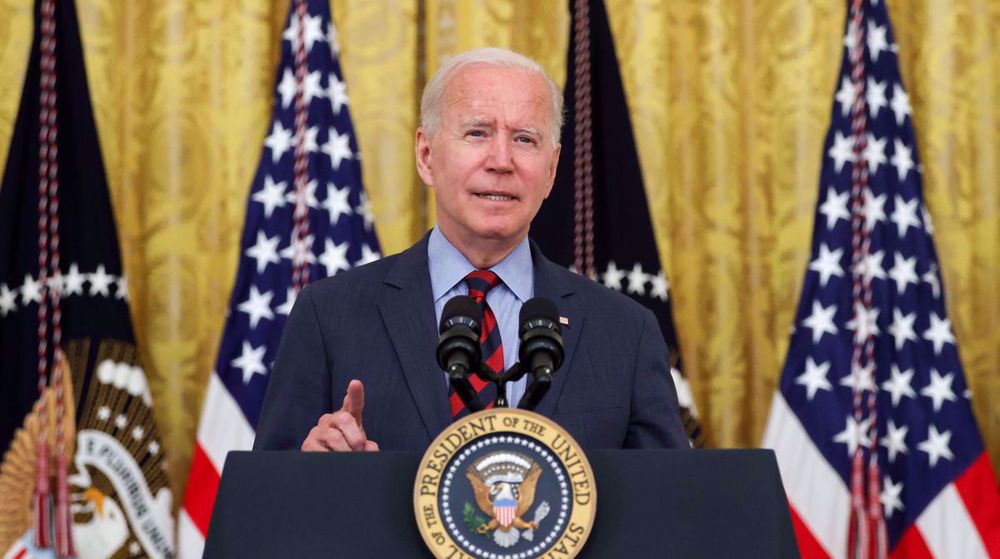
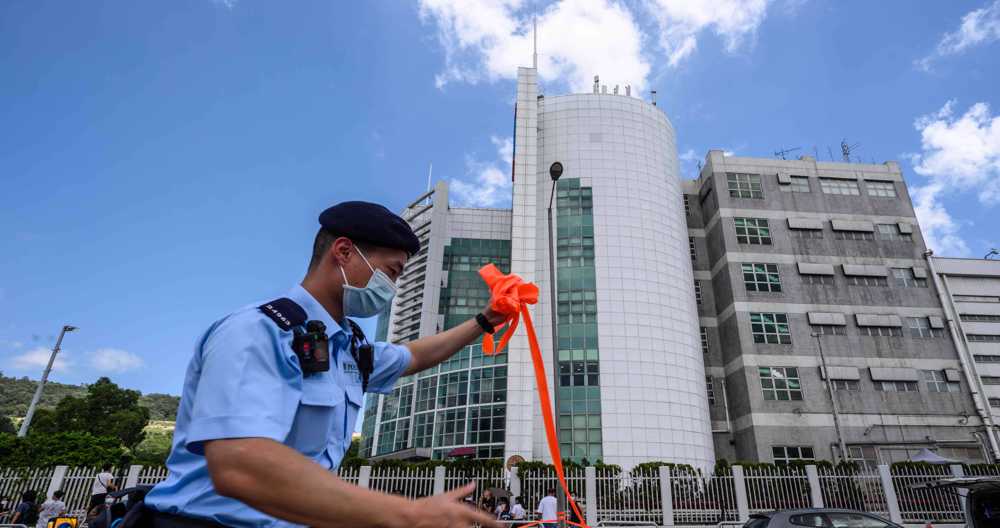



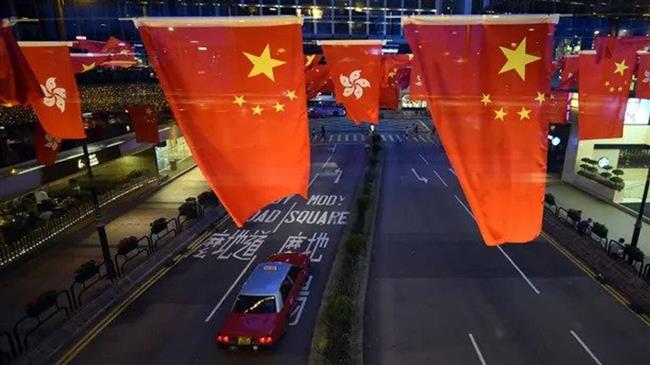

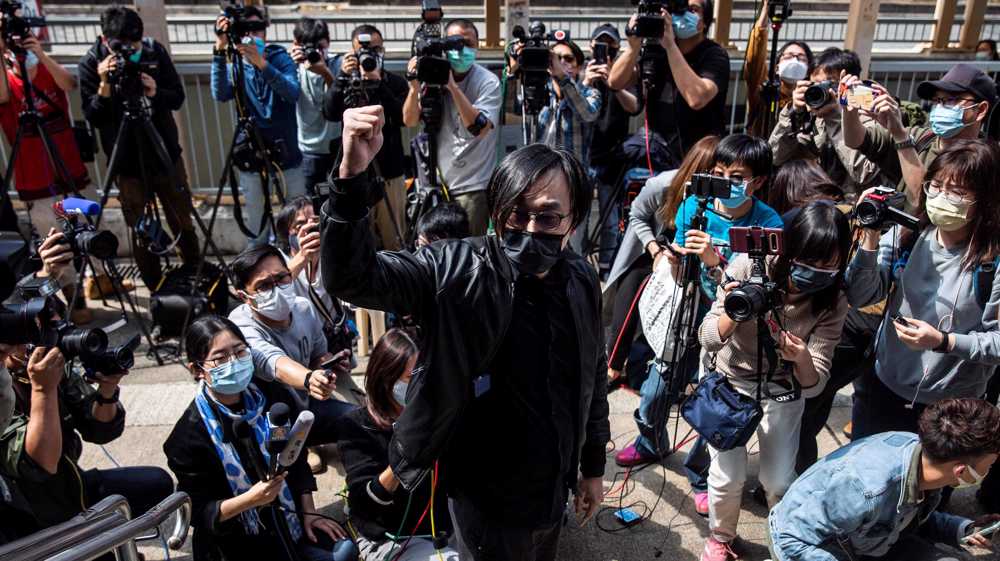

 This makes it easy to access the Press TV website
This makes it easy to access the Press TV website